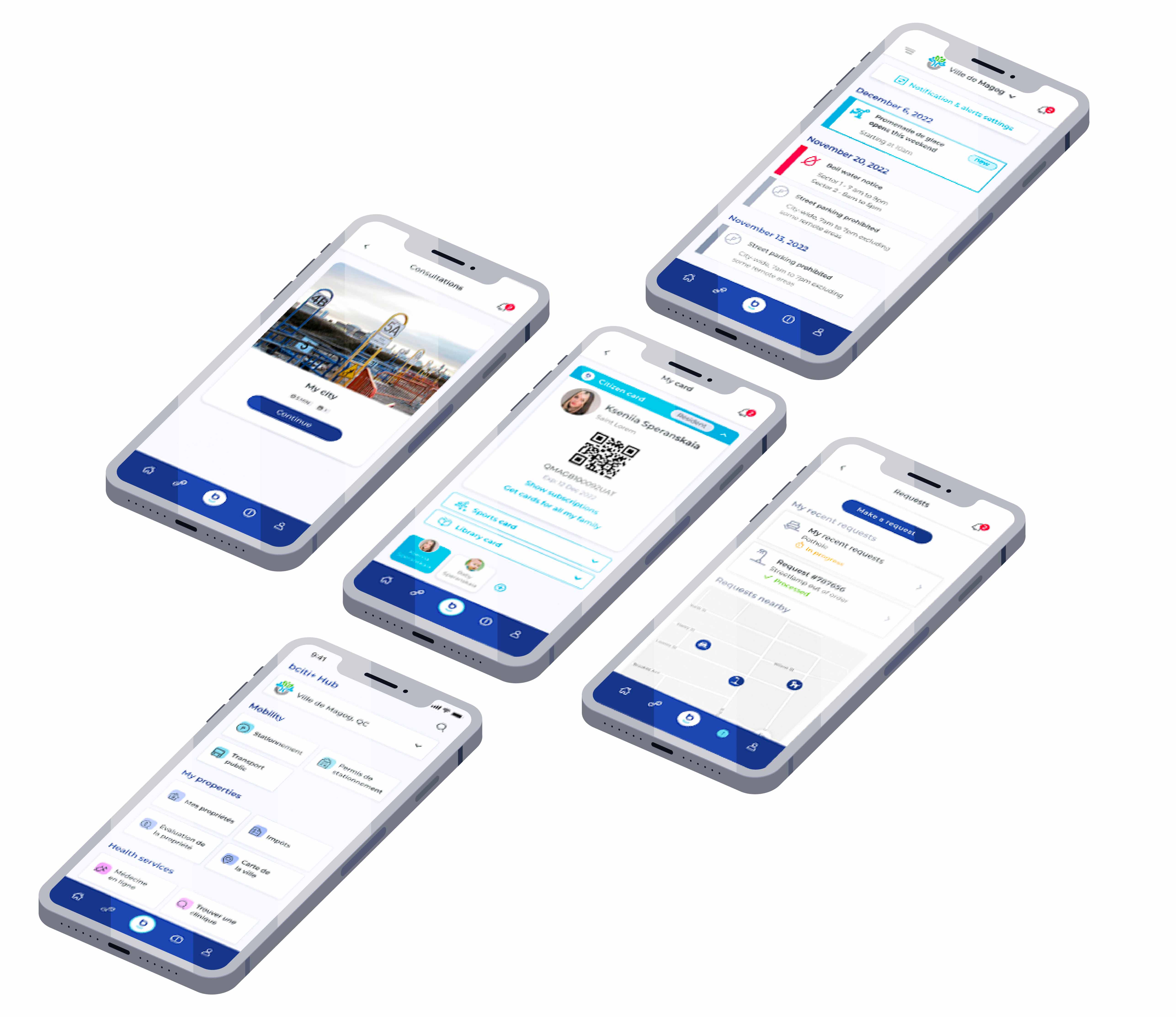Bill 122: How can digital be beneficial?
Globalia

On June 15, 2017, the National Assembly passed Bill 122, which is crucial for municipalities. Indeed, it recognizes that municipalities are local governments and offers them greater autonomy, particularly by putting forward the voice of citizens during decision-making processes. But how can we include citizens effectively in municipal projects? As mayor or mayor of a city, this is a crucial aspect to look into, and digital can help you!
In 2017, the Quebec government changed the rules concerning referendum approval applications. This new law required the municipalities to integrate a greater place for citizens in the decision-making process. It means that municipalities had to set up a new policy of public participation, in order to remove certain planning and urbanism files from the existing rules.
Bill 122 and the subtraction from referendum approval
If the municipalities hoped that their lives would be made easier, at first sight, it was not the case. Indeed, in the eyes of the government the word participation is more binding than consultation. To avoid the referendum obligation, it required the adoption of a regulation on public participation in planning and development, a tool that must go through 4 distinct stages.
First, the citizen must be adequately informed. Then, you have to give him a platform to receive his comments. The third part of the plan imposes real feedback, before closing on a final decision explained to citizens.
However, this exercise should not be evacuated because of this obstacle. On the contrary, the benefits for cities are valuable and can significantly reduce the NIMBY's effect on identified projects. The term NIMBY (Not In My Back Yard) refers to the opposition of residents to a local project, which although of general interest, could bring them nuisances. By including citizens in decision making, we can go ahead of this problem. And this is where artificial intelligence and all the power of digital can become a crucial ally for municipalities.
Why trust digital?
The digital platform, source of knowledge
Indeed, how to make sure that the citizen is aware of a change in the urban plan or to interest him in the content of a particular urban planning program?
E-mail boxes often overflow with information, while Facebook's algorithms ignore the users who are the least followed. In this context, how can we be sure to reach our target and adequately inform the citizen about the projects of his municipality?
The most current answer is based on a daily tool: the smartphone. To attract the attention of citizens, it is necessary to solicit their interest by sending them directly on a digital platform based on their mobile, which they consult on an hourly basis. The digital application becomes the first-line tool. No other information tool will be so direct and effective.
Take advantage of the bidirectionality of digital platforms
But it's not just about getting the attention of citizens. We must also offer them a voice. In a previous blog, we were discussing the possibility of establishing a dialogue with citizens through an intelligent digital application. This bidirectionality of the tool not only allows the information to be sent to the citizen (push), but also allows the latter to send comments, to ask some questions to his municipality and to present his concerns and fears.
This citizen proactivity in a decision-making process is rich, since it allows the municipality to see, from the point of view of the citizen, the weaknesses that he identifies with the municipal approach. The advantage for a municipality is undeniable. It can finally see upstream objections in its decision-making process, before reaching the end where the referendum approval usually takes place. The digital tool can not only inform the citizen, but also support the implementation of the second stage, where the city receives the concerns of the latter.
Artificial Intelligence at the service of the municipal decision
It is at the third stage of the plan that artificial intelligence becomes even more interesting, since it can really help the decision maker in his process. How to promote a citizen commitment to a project? Is it enough to organize a meeting in a room? Yes, but again, only the most involved will be informed of it and have a voice.
A tool such as CiviQVoice, or any other citizen consultation platform, would not only provide citizens with clear options based on feedback received, but would also facilitate the definition of issues and the evaluation of proposed scenarios. If the government's goal of broadening citizen participation is achieved, the city benefits from it, since it increases the membership of diverse groups who are often absent from the debates. For example, young families who are often underrepresented during town meetings, will more easily adhere to a digital and intelligent citizen participation.
The digital tool does not solve everything, but becomes the cornerstone of the process
There is no single solution that solves everything. With Bill 122, government requirements are broader and it is the responsibility of municipalities to demonstrate that they are meeting the target. However, the digital platform allows for dialogue with all our citizens, whether they are involved or not. It allows for feedback with the latter, while supporting municipalities in their decision-making process through artificial intelligence, made available to them simply and efficiently. It can therefore be an effective cornerstone of the new regulation.
In the end, the digital tool allows us to have privileged and direct access to the citizens, and to come back to them quickly with the final decision. It's a revolution in municipal management! A revolution that not only meets the requirements of the government and Bill 122, but also reaches the citizen in his day-to-day life! Combined with the various actors of the municipality, the digital can help you spotlight the citizens voices.
